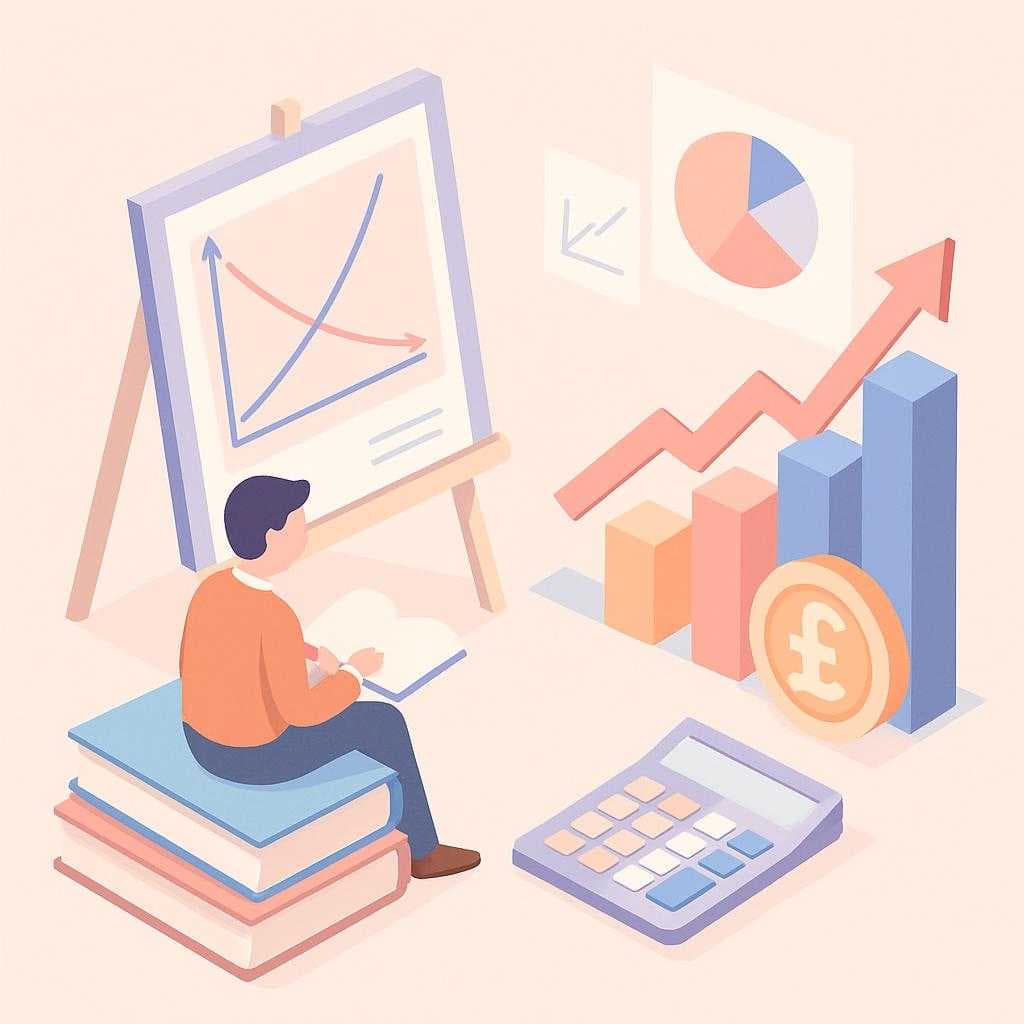Navigating Economic Models: A-Level Economics Tips for UK Students
Studying A-Level Economics can be both challenging and rewarding, especially when it comes to mastering economic models. These models form the backbone of exam questions across various exam boards like AQA, Edexcel, and OCR. Understanding how to navigate these models can significantly boost your exam performance. Here’s how to make these concepts work for you.
Understanding Economic Models
Economic models simplify complex real-world economic activities, allowing you to predict and analyze outcomes. Whether it's supply and demand, the circular flow of income, or game theory, these models are crucial for your A-Level studies. Focus on understanding the assumptions behind each model and how they apply to real-world scenarios.
Exam Board Specifications
Each exam board has its nuances. For example, AQA might emphasize microeconomic models, while Edexcel could focus more on macroeconomic applications. OCR often integrates both with a practical approach. Familiarize yourself with the specific requirements of your exam board. The specifications provided are not just guidelines; they are your roadmap to success.
Applying Models in Exams
In exams, you're often required to apply these models to theoretical and real-world situations. Practice by creating diagrams and explaining them in words. For instance, when discussing demand and supply, draw the curves and annotate shifts and movements. This dual approach—visual and written—reinforces your understanding and impresses examiners.
Real-World Examples
Linking economic models to current events can earn you extra marks. For instance, when discussing the Phillips Curve, you might reference UK unemployment trends post-Brexit. This shows examiners you can apply theoretical knowledge to real-world situations, a skill highly valued across all exam boards.
Practice Past Papers
Past papers are invaluable. They help you understand the types of questions each exam board favors and the expected responses. Time yourself when practicing to improve your speed and accuracy under exam conditions. Mark schemes provide insight into where marks are awarded, helping you refine your answers.
Group Study and Discussion
Studying with peers can deepen your understanding. Discuss different economic models and their applications. Teaching each other can clarify complex concepts and reveal different perspectives. Group discussions can mimic exam scenarios where you need to think on your feet.
Final Thoughts
Mastering economic models is essential for excelling in A-Level Economics. By understanding your exam board's specifications, applying models to real-world examples, and practicing past papers, you can navigate your exams with confidence. Remember, preparation is key, and with the right strategies, you can achieve top grades in your A-Level Economics exams.
